9 to 11 February 2026, Sultan Qaboos University, Muscat, Oman

The 3rd International Conference on Unmanned Vehicle Systems (UVS-Oman 2026) is organized by the College of Engineering at Sultan Qaboos University (SQU). This three-day event aims to bring together leading academicians, researchers, engineers, industrials, and regulators to increase awareness, share views, and exchange ideas and field experiences on numerous aspects of Unmanned Vehicle Systems (UVS). This conference organized by SQU is expected to provide an opportunity to network researchers, practitioners, students, and hobbyists to enrich interdisciplinary UVS and related platforms and present the most recent innovations, trials, future trends, applications, concerns as well as challenges and solutions developed and applied in the various fields of applications. A number of workshops, students’ projects competition, and an exhibition on UVS will be scheduled during the event.





15 September 2025
19 October 2025
1 December 2025
8 December 2025

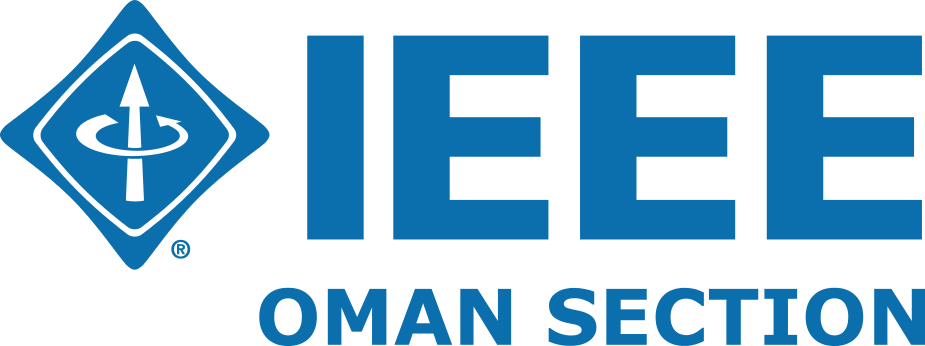


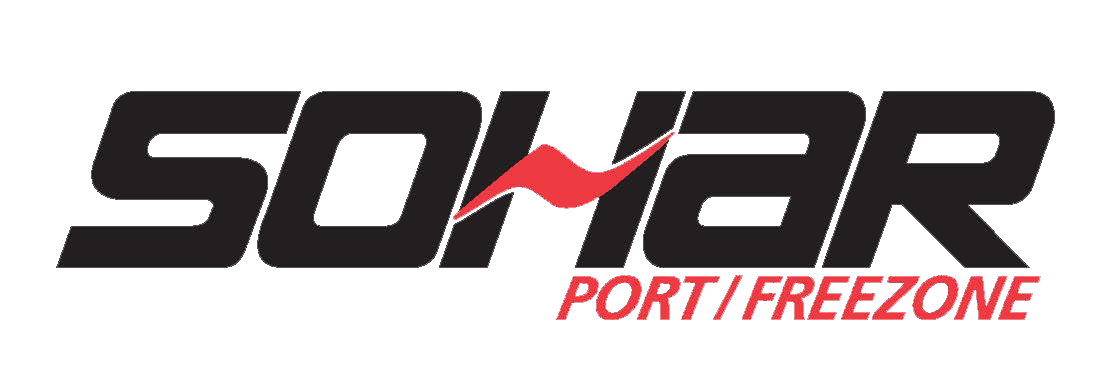


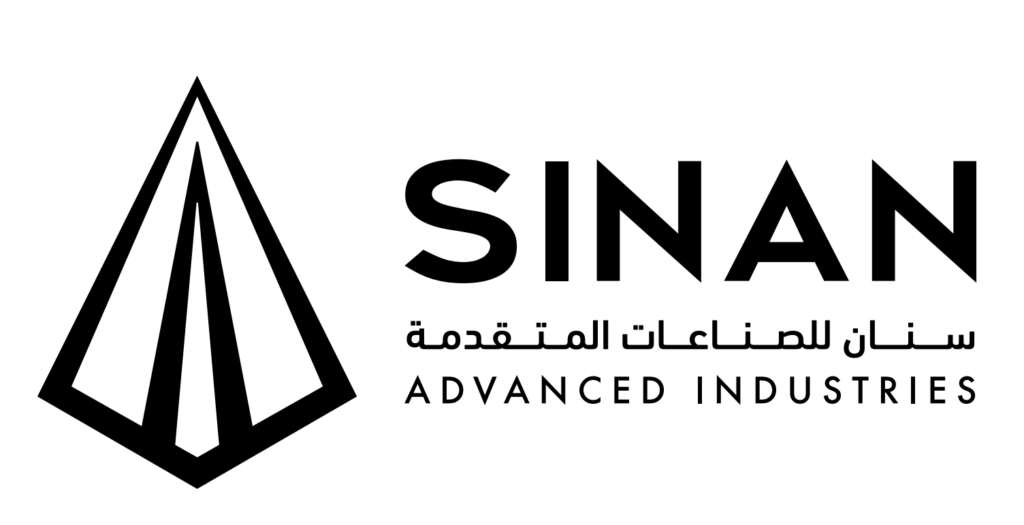
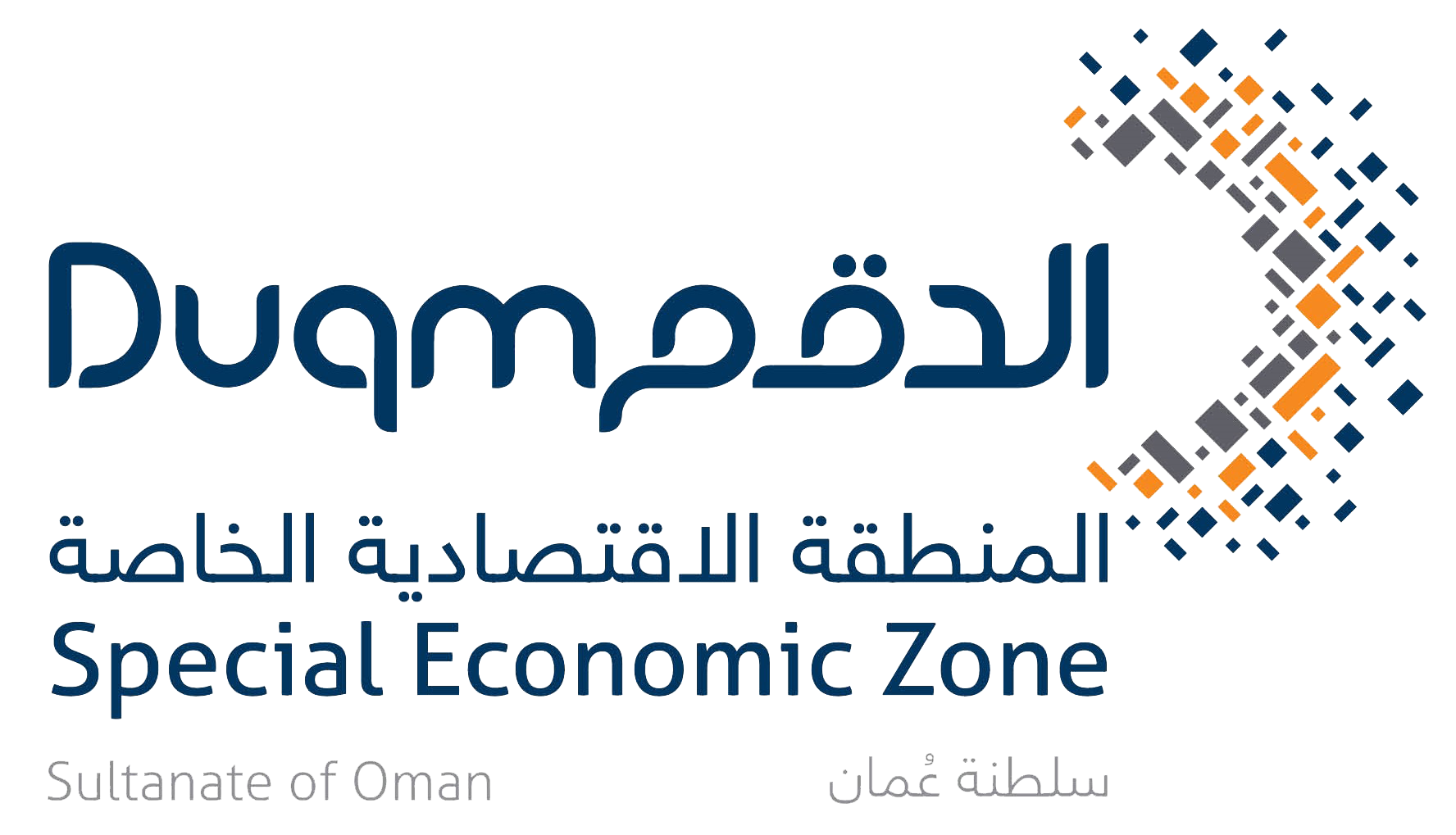







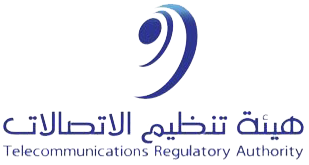


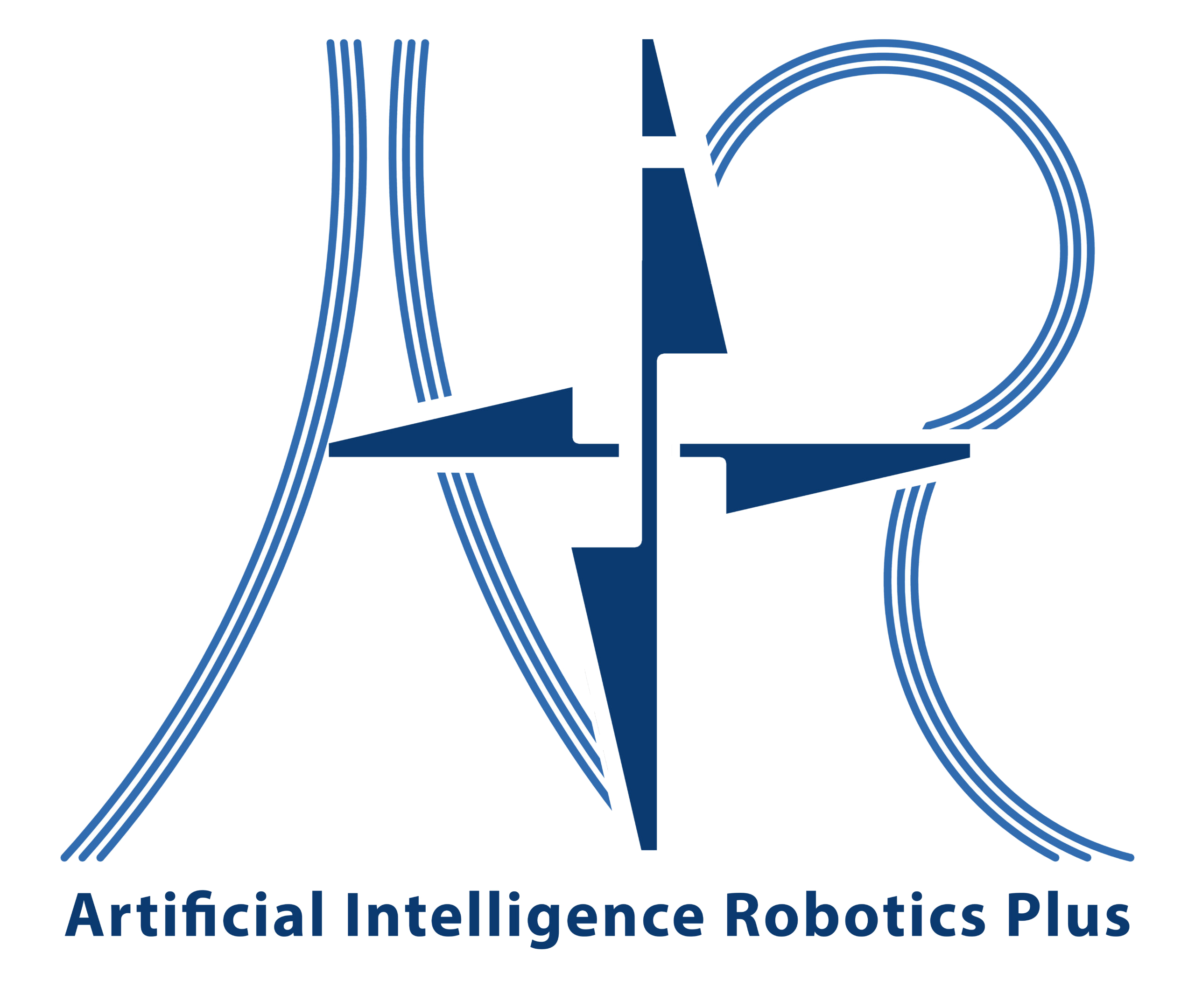
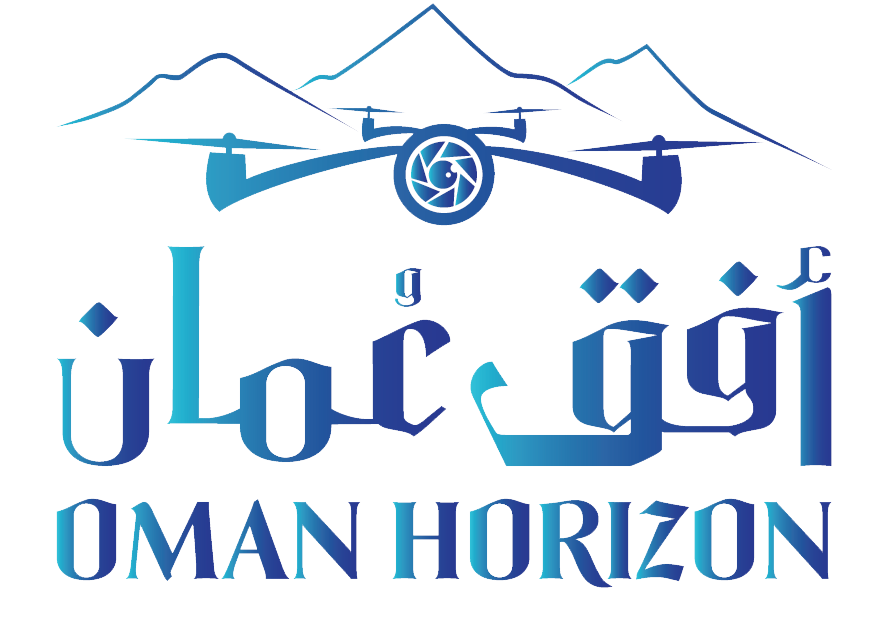
How you transform your business as tech, consumer, habits industry dynamic change, Find out from those leading the charge.
How you transform your business as technology, consumer, habits industry dynamic
1How you transform your business as technology, consumer, habits industry dynamic
3How you transform your business as technology, consumer, habits industry dynamic
2How you transform your business as technology, consumer, habits industry dynamic
4GET EXPERIENCE
How you transform your business as technology, consumer, habits industry dynamic s change? Find out from those leading the charge.
World is committed to making participation in the event a harassment free experience for everyone, regardless of level of experience, gender, gender identity and expression
SQU Grand Hall
Sultanate of Oman